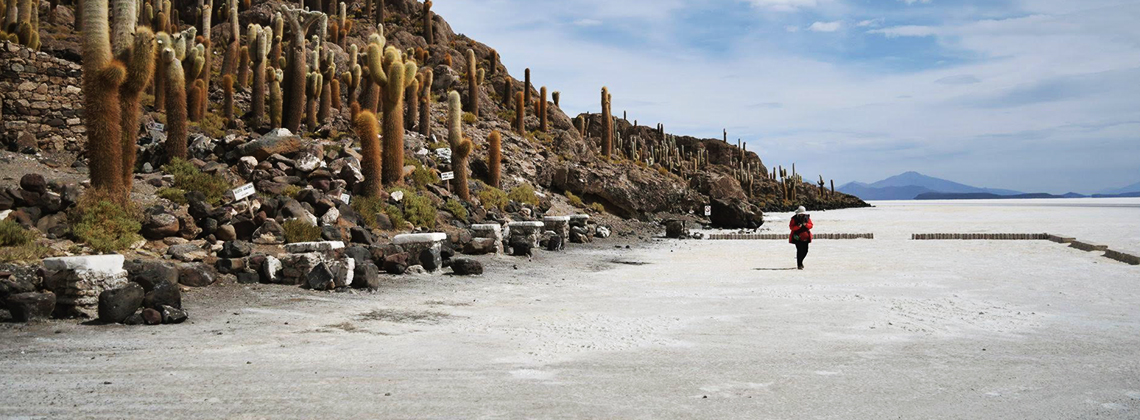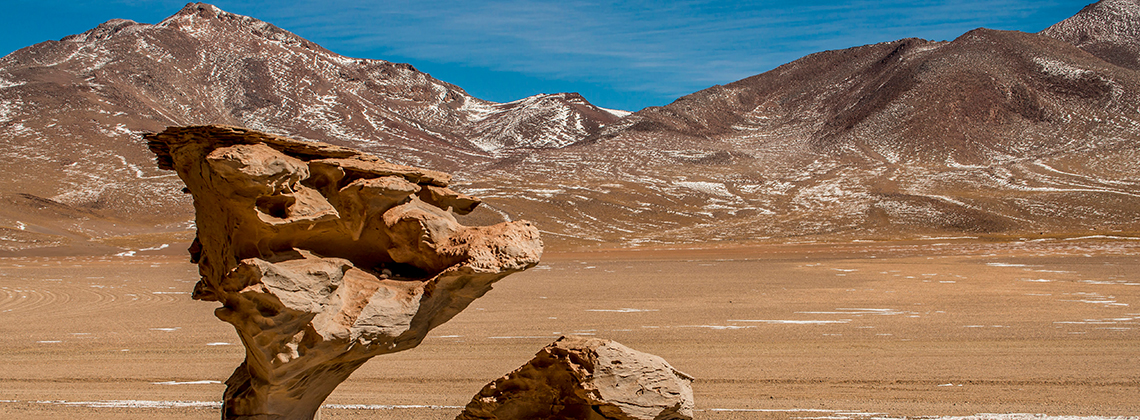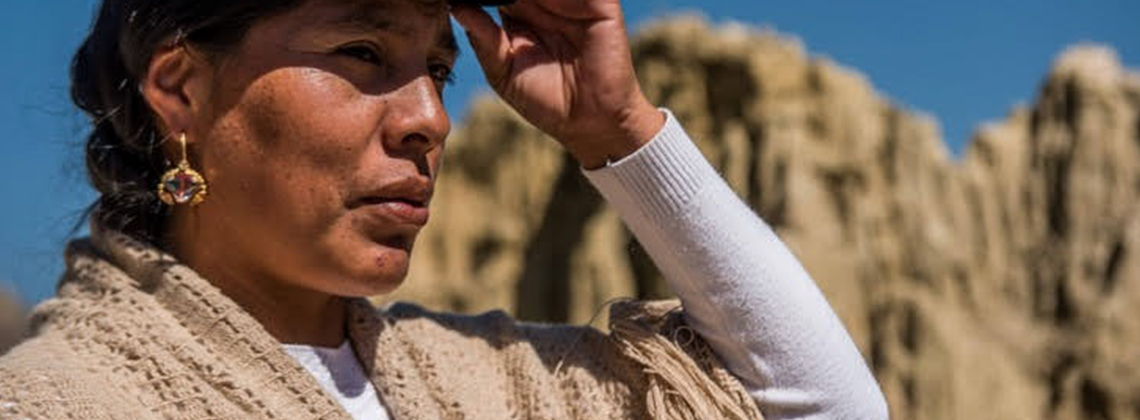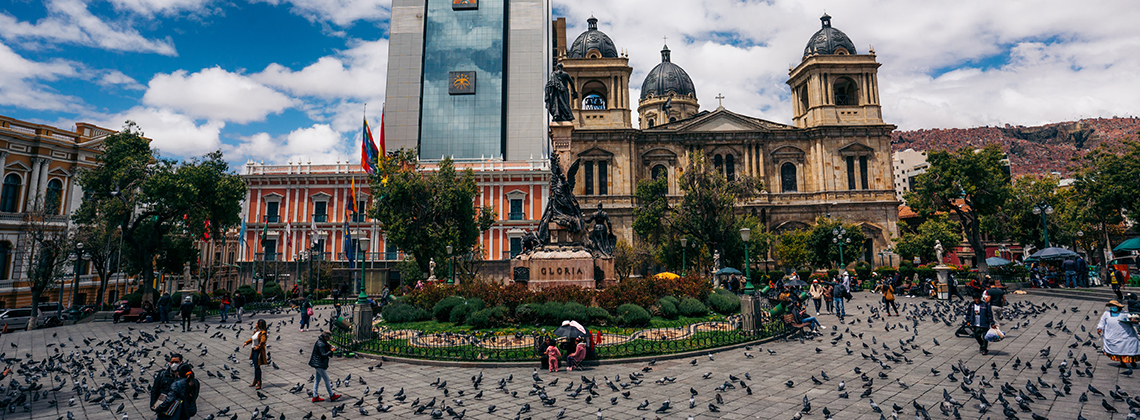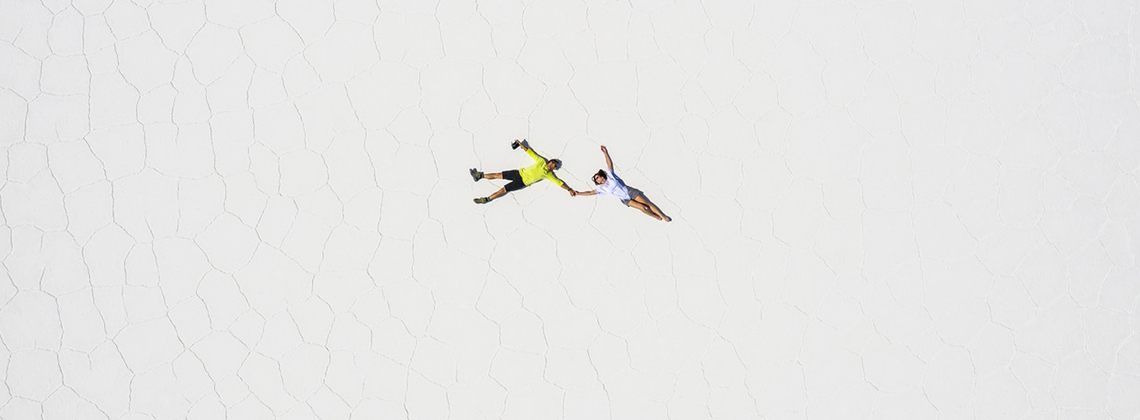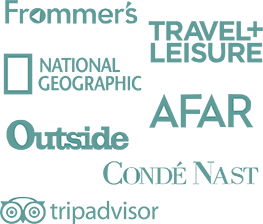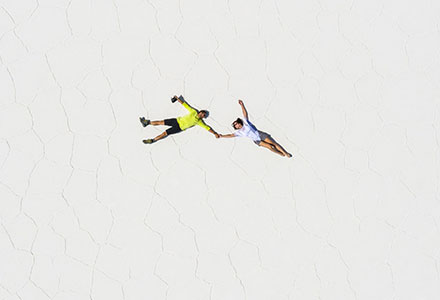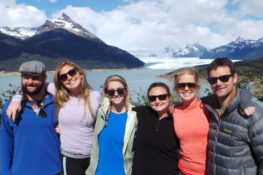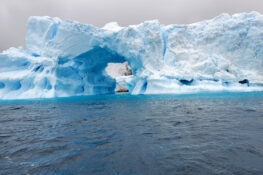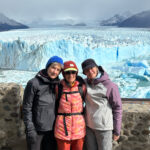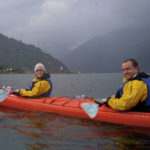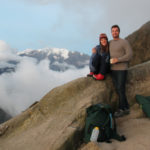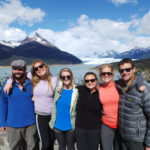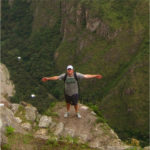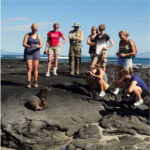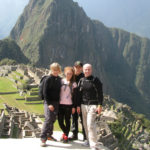- Canadian citizens do not need a visa to travel to Bolivia.
- A visa is required for US citizens to travel to Bolivia.
- Check with your local Bolivian consulate for the exact requirements for the visa, but the following items are typically required: completed visa application, fee of $160 USD, passport with at least 6 months’ validity after date of travel to Bolivia, recent passport photo, copy of travel itinerary, round-trip air tickets, and a bank statement showing economic solvency.
- Local ATMs distributing Bolivianos use the most current exchange rates and are the most economical way to get money. However, many charge a fee for foreign cards, and your bank may also charge an international ATM fee (usually $3-7 USD).
- Some ATMs have transaction withdrawal limits, so if you will need a large sum plan ahead. There can be issues with some ATMs, so we recommend bringing at least 2 different cards.
- Debit and credit cards are often accepted in restaurants and large shops, but sometimes have daily transaction limits. Make sure to notify dates and countries of travel, note phone numbers needed to cancel cards if lost/stolen and bring back up cards.
- Bring at least $100 USD per traveler in small bills as backup to exchange to Bolivianos at exchange offices (casas de cambio). Be sure that they are new or in good condition as most businesses will not accept damaged bills.
- Traveler’s checks should be used in an emergency only, as they are rarely used and can only be cashed at large banks.
- In Bolivia tips in Bolivianos are preferred and large bills can be difficult to break, so hang onto small bills and change for tips.
- Use the following only as a framework and tip based on the level of service you receive.

- Trip insurance is not included in your trip cost. Knowmad highly recommends insuring your trip, as the unforeseeable is just that, unforeseeable. A few days after confirming your trip, you will receive an email from our recommended travel insurance provider with a pre-built quote that you’ll be able to purchase.
- Plugs are either the 2-pronged flat type found in the U.S., type “C” (two, wider-set, round prongs). A plug adapter is needed for the “C” style socket.
- Accepted voltage: 220. Devices like cameras and phone chargers should accept this voltage, but hair dryers and curlers of 110 volts will likely fry.
- A converter is needed if devices do not accept 220 volts. Check labels for compatibility.
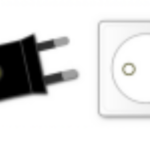
- Using bottled water for drinking and brushing your teeth is recommended, as tap water is generally not safe to drink.
- Request your beverages without ice (“sin hielo”) while at restaurants, as the ice may not be made with purified water.
- Many establishments will have bottled water available, and your guide will be able to help you if there is ever a question.
- Avoid eating the skin of raw fruits/vegetables (apples, salads, etc.) and any dairy products that have been sitting out.
Bolivia is considered a safe country, but petty crime does occur. Take the following precautions:
- Be aware of your surroundings, always keeping a close eye on your belongings, especially in crowded places.
- Use a bag that zips, doesn’t hang loosely and when in crowds, move it to the front of your body.
- Travel with a companion, especially at night, and stay in populated and well-lit areas.
- Avoid wearing flashy/expensive jewelry/watches.
- Carry only the money you need each day. Keep the rest with your valuables in your hotel room’s safety deposit box.
- Non-violent demonstrations are common in Bolivia and travelers are advised to avoid them.
Beyond open eyes, an open mind, and your sense of adventure, here are some guidelines for packing for your trip. Bolivians are accustomed to seeing tourists, so shorts, sandals and jeans are acceptable, though not as common. Weather varies between regions and can change quickly, so layerable clothing is highly recommended. For all trips to Bolivia we suggest:
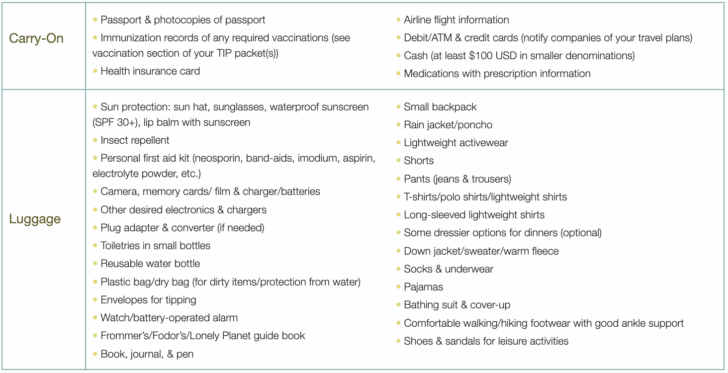
Check with your carrier and refer to your ticket booking details for information on baggage restrictions and fees.
Knowing a lot about a country before you visit can enrich your travels, help you meet and relate more to local people, and have deeper appreciation for historical and cultural sites. To learn more about Bolivia’s history, culture, and people, we recommend consulting travel guide books, online websites, and travel blogs.
Meals in Bolivia are more leisurely and on a later schedule than in the United States. Bolivians eat 4-5 meals per day.
Breakfast is simple, and is followed by salteña, a break around 10:30 a.m. when they eat empanadas or a light sandwich. Most businesses close during this time (30 minutes) as well as lunch time. Lunch tends to be from 12:00 p.m. – 3:00 p.m. and many restaurants serve a set almuerzo which normally includes 3 courses of a soup, a main course, and a dessert. Dinner is light and informal and starts around 8:00 p.m., and many restaurants will not open until after 7:00 p.m.. Meals are meant to be unrushed and you will have to ask for the check, as it is considered rude to provide a check without the patron having requested it. If you would like Knowmad to assist you with making restaurant reservations, please note that we must be notified at least 2 weeks prior to your dates of travel, especially if traveling during December or early January.
Price guide for the approximate cost of a main dish at each restaurant (please note that prices and restaurant hours are subject to change without notice): $ = Under 10 $$ = 10-20 $$$ = 20-40 $$$$ = Over 40
Please refer to the restaurants’ websites for additional information and to make a reservation, as doing so may require you to enter payment information to confirm the reservation. We recommend making reservations at least 2 months in advance for the Christmas, New Year’s, and Easter holiday dates; and further in advance if looking to dine at a particular restaurant. If calling or making reservations from outside of Bolivia dial +591 before the complete phone number.
LA PAZ – ZONA SUR
- ANCESTRAL – Price: $$-$$$ From Mauricio Lopez, former head chef of Gustu, and Sebastián Giménez, this restaurant highlights Bolivian ingredients cooked on the wood-fired grill. While they focus on meat, one can also enjoy fish, and even grilled artichoke hearts.
- CHALET LA SUISSE CALACOTO – Price: $$-$$$ Enjoy expansive views and a mix of European cuisine from fondue to typical french dishes.
- GUSTU – Price: $$$$ A regular on Latin America’s 50 best restaurants, this restaurant showcases native Bolivian ingredients, sourcing them from the Andes to the Amazon. Choose à la carte or the tasting menu. A reservation is needed.
- PHAYAWI – Price: $$ The menu here celebrates the rich heritage of Bolivian cooking, serving typical Bolivian plates full of flavor.
- VAGON DEL SUR – Price: $$ One of the most emblematic Bolivian restaurants, they serve slightly refined local cuisine, such as local favorites pique mixto and picante mixto. Reservations are recommended.
LA PAZ – CENTRO
- MANQ’A – Price: $ A restaurant and social project that celebrates traditional food. Manq’a empowers youth in vulnerable situations by teaching them about Bolivian cuisine and providing jobs at their restaurants.
- POPULAR – Price: $$ A changing tasting menu of 3 courses of high quality Bolivian cuisine with a modern twist. Open for lunch only, this restaurant is first come first serve, and is very popular, so we recommend arriving early. Cash only.
- ALI PACHA – Price: $$-$$$ Vegetarian food with a focus on respecting the product from which the cuisine is made. They offer a short menu (for lunch), regular menu or extended menu with varying price points.
- VIENNA – Price: $-$$ A well known Austrian restaurant serving a wide variety of European dishes and known for its martini. For dinner you can listen to the live pianist as you take in the antique decorations.
- LA CASONA RESTAURANTE – Price: $-$$ In La Casona Hotel Boutique, this restaurant offers an affordable menu of the day with an appetizer, entree and desert as well as a la carte options.
- BANAIS – Price: $-$$ With an extensive menu from soups, sandwiches and hamburgers to traditional plates and all day breakfast, enjoy the recipes inspired by the common flavors existing in altitude.
COCHABAMBA
- LA ESTANCIA – Price: $-$$ A traditional steakhouse or churrasqueria with a wide selection of meats from the grill.
- CASA DE CAMPO – Price: $-$$ Typical Bolivian food served in a relaxed atmosphere. They have plate sizes especially for tourists, as portion sizes are normally sharable.
POTOSI
- TENEDOR DE PLATA – Price: $ In front of the main plaza, this restaurant serves national and international cuisines varying from Pique a la Macho and llama to pastas and grilled meat a la parrilla.
- EL FOGON – Price: $ Enjoy international and national cuisine, as well as vegetarian options. For lunch there is a buffet and on Friday’s there is live music.
SUCRE
- ORIGENES – Price: $$$ Traditional Bolivian food and a show with performances from the different regions of Bolivia. The show lasts for two hours and you can choose to include dinner or not. A reservation is needed.
- NATIVA – Price: $$$ Choose from a tasting menu of 6 courses or a la carte from this constantly evolving menu, filled with Bolivian cuisine made using techniques from throughout the country.
- WATANAY GASTRO BAR – Price: $$ Enjoy fusion cuisine along with unique cocktails in this cellar adapted to be a restaurant/museum, filled with ceramics, textiles and other cultural artifacts.
- LA TAVERNE – Price: $$ A gourmet French restaurant known for its extensive menu of international cuisine and great service.
- JOY RIDE CAFE – Price $-$$ A fun and lively environment, in the center of Sucre serving national and international dishes. Enjoy the salsa and bachata classes every Thursday.
- EL HUERTO – Price $ Regional and international food, focused on constant innovation and new creations, which pair with their wide selection of wine.
SANTA CRUZ
- EL ALJIBE – Price $ An old casona focused on recreating traditional cuisine from Santa Cruz and its unique flavors, smells, and sensations.
- JARDIN DE ASIA – Price $$-$$$ Asian cuisine made with Bolivian ingredients in a modern environment with architecture inspired by the 4 elements.
- EL ARRIERO – Price $$ Enjoy grilled meat, carne a la parrilla, selected rigorously, taking in account the characteristics of every cut, alongside a wide variety of national and international wines.
- SACH’A HUASKA – Price $$ Contemporary Peruvian cevichería that celebrates creative cuisine with a fusion of Asian cuisine, local Bolivian ingredients, and seafood.
- KAO – Price $-$$ A restaurant with Asian street food, including sushi, and known for its good service.
- LA CASA DE CAMBA – Price $-$$ Traditional Bolivian food with flavors from Santa Cruz and grilled meats a la parrilla, with multiple locations around the city.
- MARCHING POWDER by Rusty Young & Thomas McFadden tells the story of a backpacking journalist as he shadows a convicted English drug smuggler during his time in the San Pedro prison.
- ADELA ZAMUDIO: SELECTED POETRY AND PROSE is a collection of poems written by Adela Zamudio. She was known as the mother of feminism and women’s education in Bolivia and was active in the fight for indigenous rights.
- THE FAT MAN FROM LA PAZ, edited by Rosario Santos, is a collection of 20 works of fiction from contemporary Bolivian authors. The stories provide a diverse commentary on sociological and cultural issues spanning the last 75 years.
- LET ME SPEAK! TESTIMONY OF DOMITILA, A WOMAN OF THE BOLIVIAN MINES by Domitila Chungara is a first hand account of the struggles of a minor’s wife in 1970s working class Bolivian life and the political activism of one woman.
- Buenos dias (BWEH-nohs DEE-ahs) – Good morning, Good day
- Buenas tardes (BWEH-nahs TAR-dehs) – Good afternoon
- Buenas noches (BWEH-nahs NOH-chehs) – Good evening
- Por favor (POHR fah-VOHR) – Please
- Gracias (GRAH-syahs) – Thanks
- ¿Cuánto cuesta esta? (KWAHN-toh KWEHS-tah EHSS-tah) – How much does this cost?
- ¿Dónde está ____? (DOHN-deh ehss-TAH ___) – Where is ____?
- ¿Habla inglés? (AH-blahs een-GLEHS) – Do you speak English?
- ¿Qué recomienda? (KEH reh-coh-mee-EHN-dah) – What do you recommend?
- Soy alérgico/a a ____ (soy ah-LEHR-hee-coh/-cah ah ____) – I’m allergic to ____
AT THE TABLE
- La carta (lah KAHR-tah) – the menu
- La cuenta (lah KWEHN-tah) – the check
- Agua (AH-gwa) – water
- Café (kah-FEH) – coffee
- Cerveza (sehr-VAY-sah) – beer
- Vino (VEE-noh) – wine
- Pescado y marisco (pehs-KAH-doh ee mah-REES-kohs) – fish and seafood
- Pollo (POH-yoh) – chicken
- Carne (KAHR-nay) – meat
- Sin gluten (seen GLOO-tehn) – gluten-free
- Vegetariano/a (veh-heh-tah-RYAH-noh/-nah) – vegetarian
Have a question that you can’t find an answer to on our site? Or if you’d simply like to ask a real, live person your questions instead of browsing through these FAQ sections, we are more than happy to help. Just give us a call at 612-315-2894 or email [email protected].




